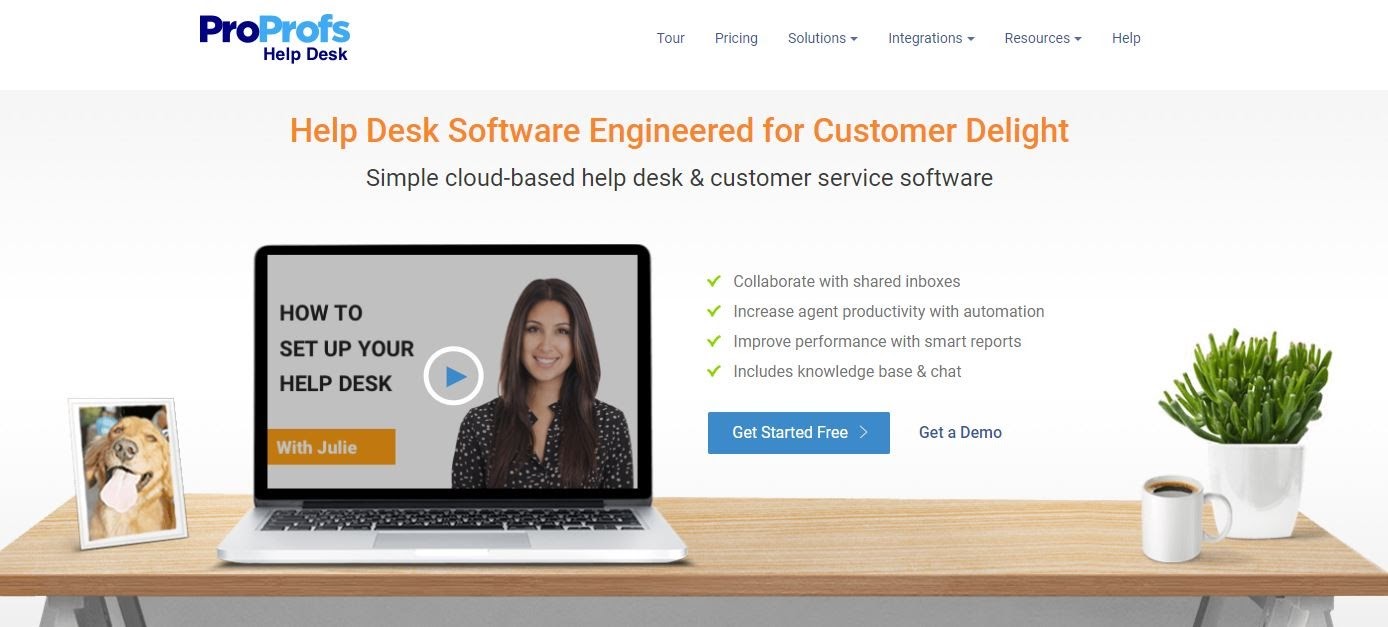Starting an online sale today is easier than ever. A handful of ready-made solutions and options allow complete beginners to advertise and sell products and services online and deliver them to the customer. However, running sales, revenue growth, customer satisfaction, and everything that goes with the sale improvement is a story in itself.
Therefore, it is crucial to take advantage of all the benefits that technology offers and adapt your eCommerce tools available on the market to feel the results as soon as possible that will surpass you above the competition. Here are 11 tools you must have on your list if you are in the eCommerce business.
1. Mailchimp

A newsletter is a perfect way to communicate with your customers. Users love it because they have decided that they want to receive it and the message from the newsletter has a direct value for the user.
The great news is that you can also send the newsletter for free. Mailchimp offers various free options as long as you have less than 2,000 subscribers and send up to 12,000 emails monthly.
2. WooCommerce

WooCommerce is a free add-on for the WordPress platform, based on open-source, which means that developers are constantly committed to developing and improving functions through the GitHub platform. To use the WooCommerce platform, you must already own a domain and use third-party site maintenance services.
With the help of WooCommerce, it is possible to create a website from scratch, unique and adapted to the needs of your online store, which in this case will not be like any other. Unique visual solutions can contribute a lot to a positive user experience and success in online sales.
3. 3dcart

3dcart is a shopping cart tool designed for eCommerce of any size and segment. It is a powerful eCommerce platform that allows users to easily create online stores and achieve the desired results, thanks to a set of tools and features, including, for example, order management and marketing.
3dcart offers you an efficient and powerful platform to market and sell almost all products online and gives customers an easy and convenient way to order products online.
4. Oberlo

The Oberlo platform, which automates many things, can help fill the shop with your products. Once you have filled the shop with something, you need to determine the prices. It is usually placed at least twice the purchase price (including postage).
In addition, Oberlo makes the whole process of adding, customizing, and tracking your goods extremely manageable. Also, it gives you exceptional features like tracking sales and finding alternate suppliers.
5. Adobe Commerce

Compared to other popular eCommerce solutions, Adobe Commerce has the most diverse structure regarding the languages used, the types of products, and the countries they are sold. The great advantage of Adobe Commerce is that the community around this platform is very developed.
You can find many articles, tips, and tutorials worldwide to help you make/set something up. As this is an open-source tool, it is entirely free to use.
6. ProProfs Help Desk

ProProfs Help Desk is typical for eCommerce businesses to receive tons of emails asking about product features, delivery dates, product availability, and more. It is easy to use, and you do not need any additional technical knowledge.
Also, ProProfs Help Desk helps you respond to every customer email quickly. In addition, you can track the progress of every customer request/issue and capture customer feedback.
7. Yo!Kart

Yo!Kart is a web trading platform whose idea is to allow multiple retailers to trade at once, just as Amazon, eBay, and Etsy do, for example. So, the goal of this platform is to build a system that will be able to connect various other vendors and thus create a web store of a diverse range.
Yo!Kart is great for startup companies looking to start a business in the eCommerce sector. It allows them to connect and merge multiple different parties in a simple and relatively inexpensive way.
8. Google Analytics

Google Analytics is one of the most powerful tools that Google offers and that every online business and every online marketing manager should use. It reveals who your customers are, how old they are, what gender they are, and their wants and interests.
A conversion occurs when an online visitor takes actions that you have set as a goal. These conversions can be purchases, subscribing to a newsletter, filling out a contact form, registering in a webshop or page, time spent on the page, downloading e-books, and much more. You can also use Google Analytics to see how visitors came to the page and whether they achieved a conversion.
9. Google Trends

One more amazing Google tool is Google Trends. It is a fantastic market research tool. Once you research your keywords through Google Keyword Planner, Google Trends will tell you via a visual chart how trendy those keywords are.
Google Trends collects data from previous years, so it can quickly provide a rough analysis of the popularity of searches for a particular term over a while.
10. Product Camera

Quality photos are significant. With them, you will sell anything from burgers to shoes. But let’s be realistic, few can afford professional photographers, product retouching services, a studio, and state-of-the-art equipment, so pictures sometimes do not look as good as they should.
With Product Camera tools, your photos will look like professional ones. The main subject remains focused while the background is automatically erased and replaced with a clean white background. It even adds a shadow to the photos, so it does not look like the result of bad Photoshop.
11. Buffer

Today, every company, whether small or large, must be active on social media. At least on Facebook. Buffer is a tool that lets you create a precise schedule of postings written in advance.
With the help of the free version of Buffer, you will prepare up to 10 posts a day. This tool provides you with statistics for published content and suggests content for your social media pages.
Conclusion
Doing any business is not an easy job. Sleepless nights, lack of time and money are problems that entrepreneurs often face. Fortunately, there are also these listed tools that can make your life and business much more manageable.